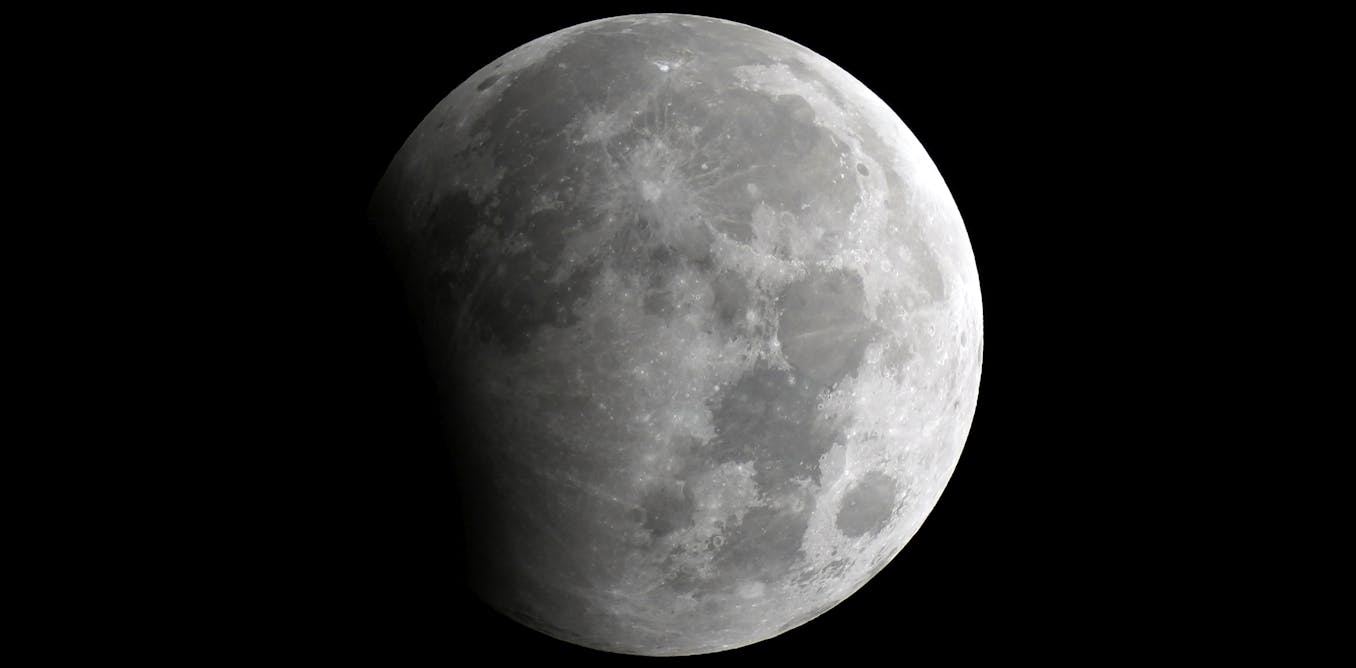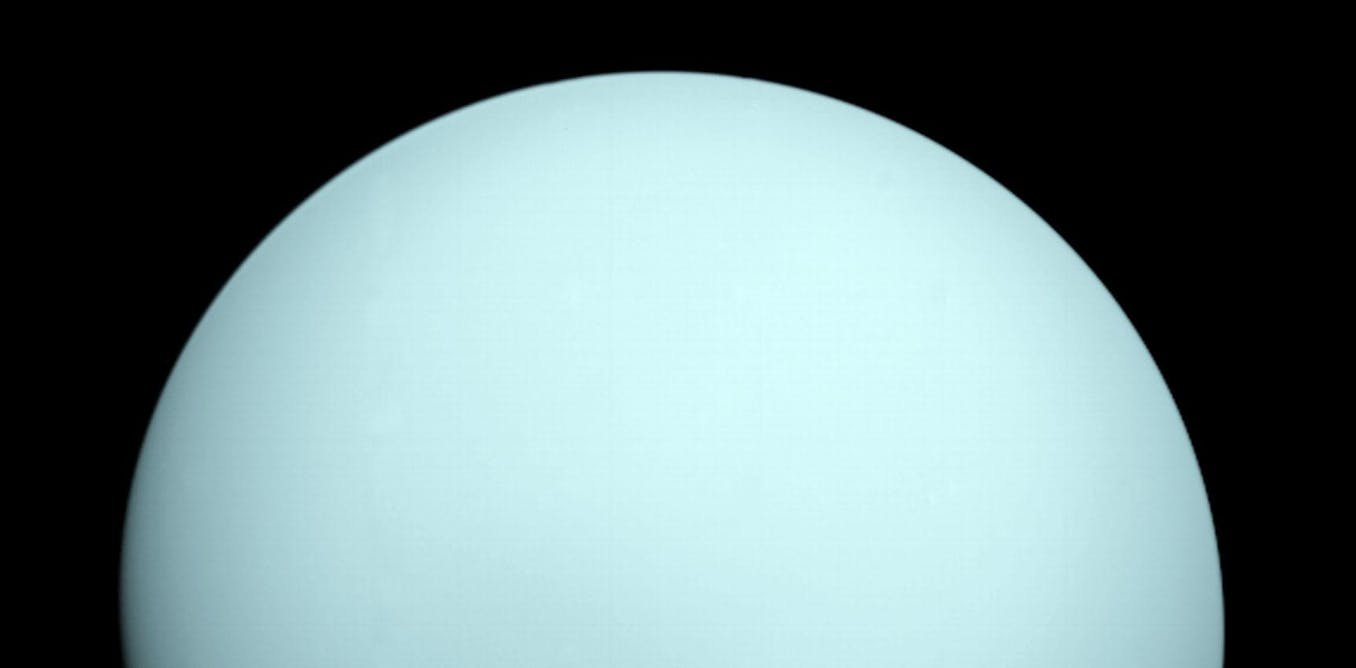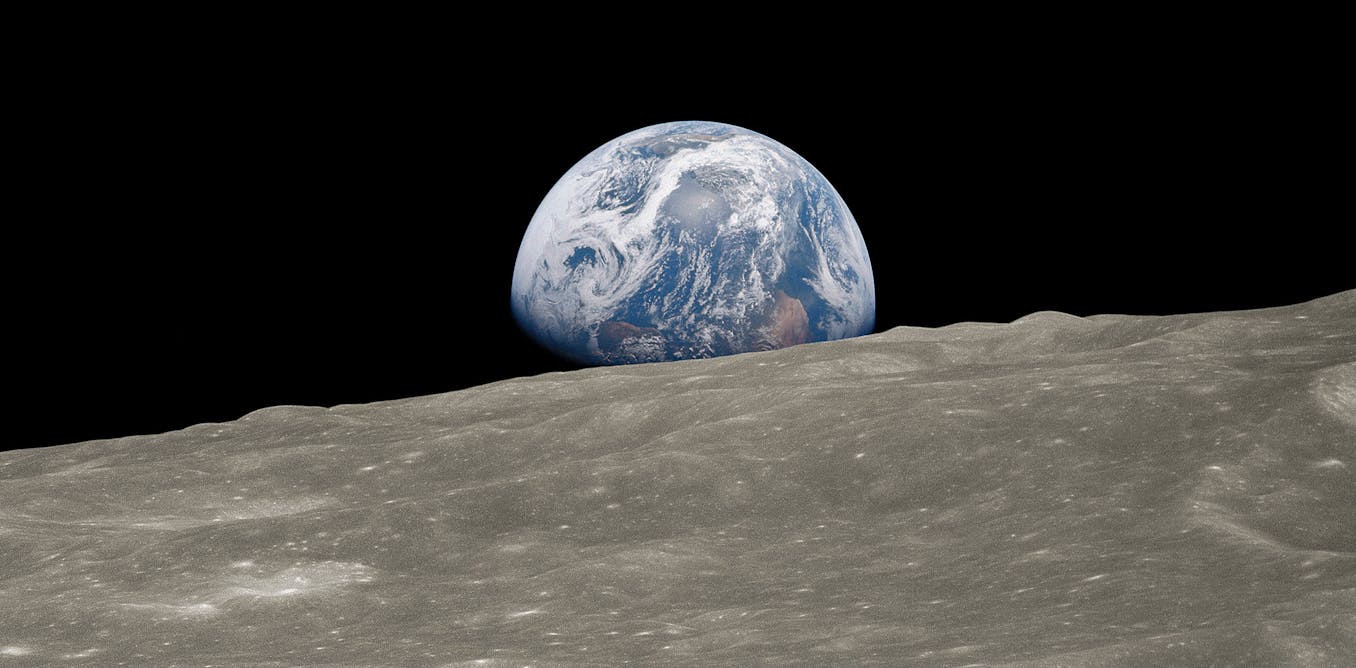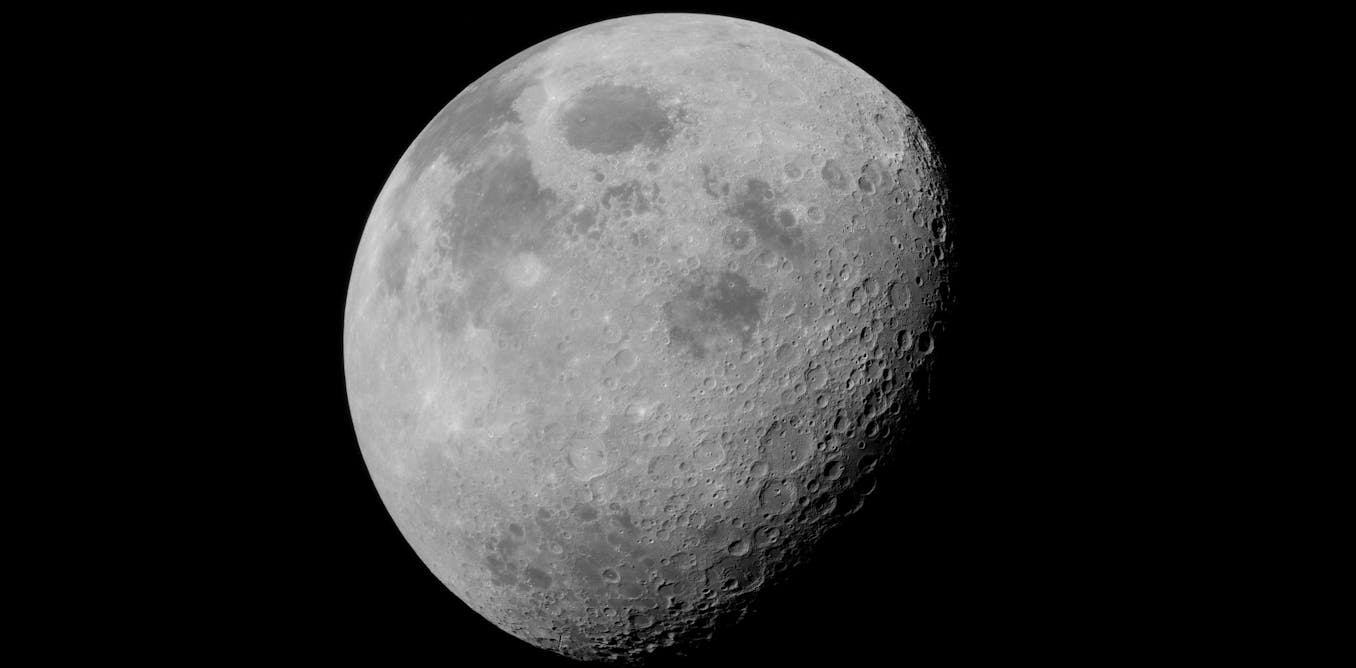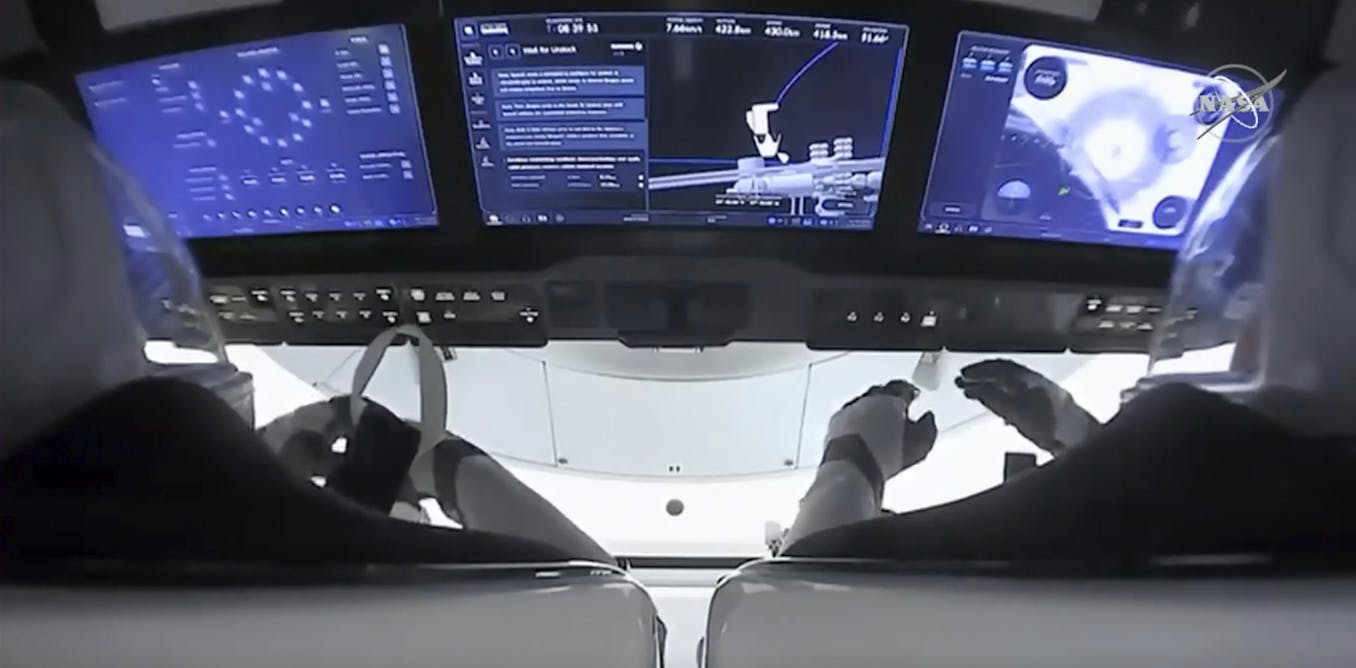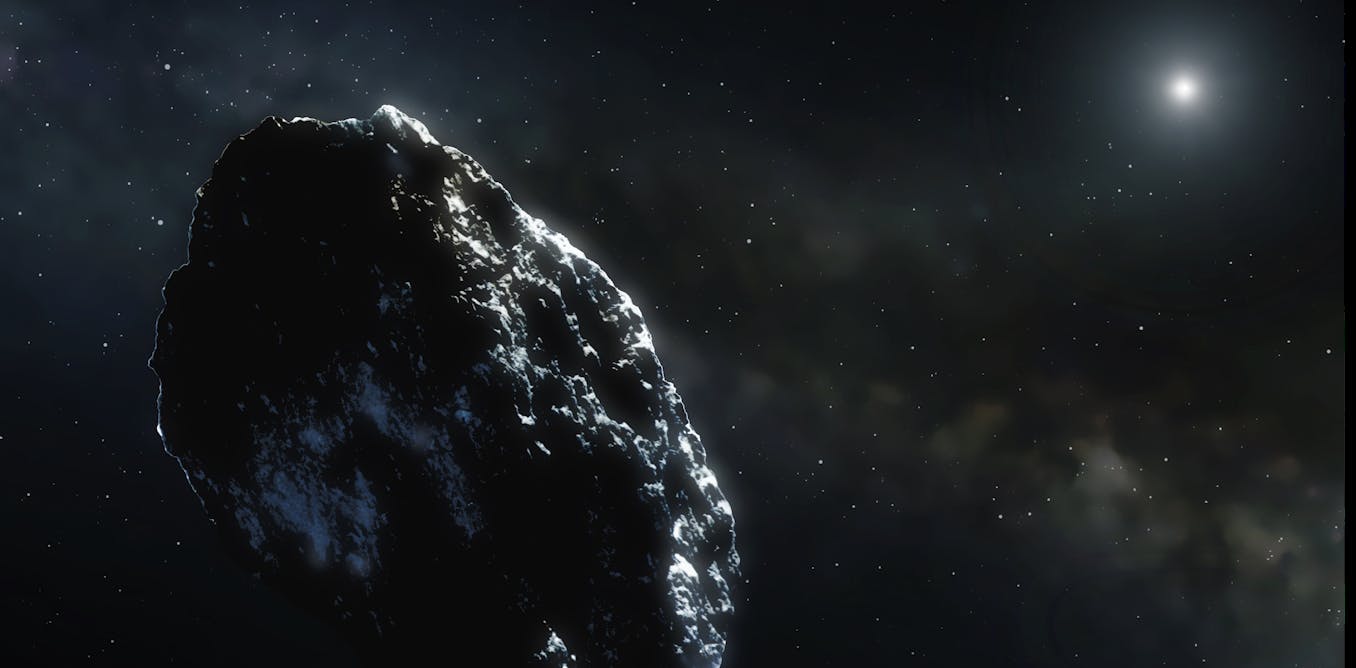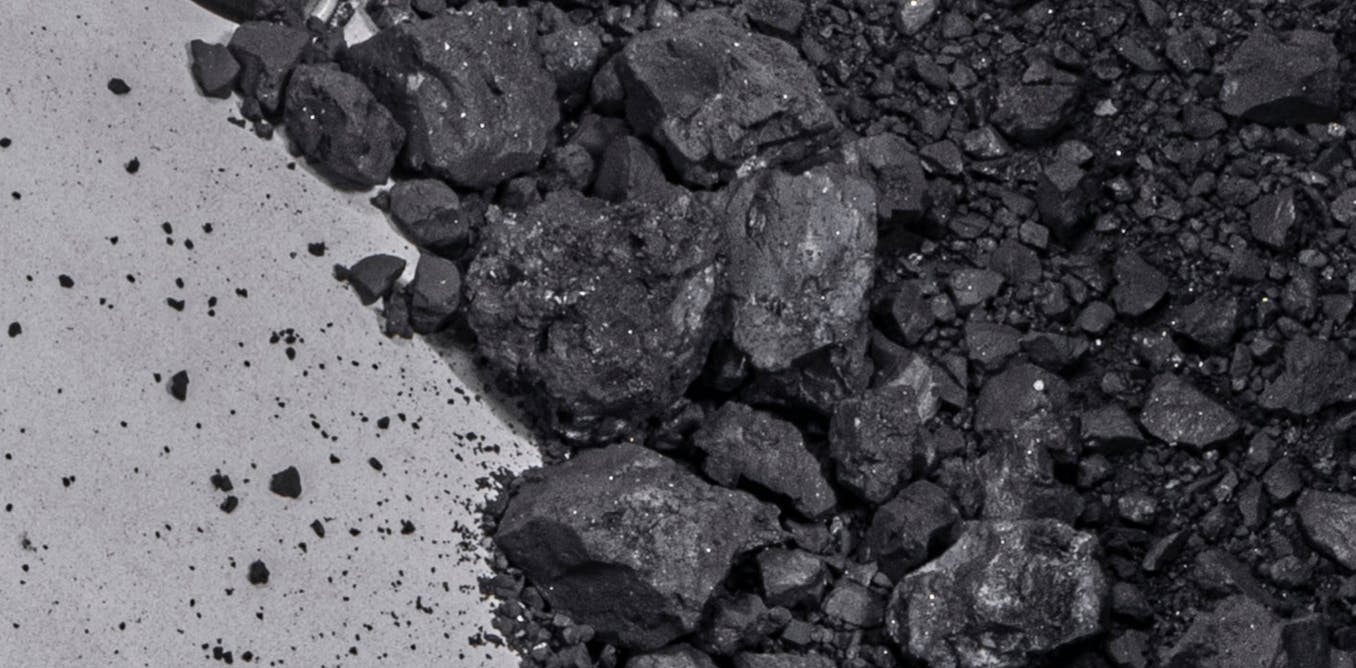Scientists and space agencies are shooting for the Moon -- 5 essential reads on modern lunar missions
Chandrayaan-3’s successful landing on the Moon made 2023 a big year for lunar exploration, and future years will come with even more discoveries.
Dec. 12, 2023 • ~8 min

